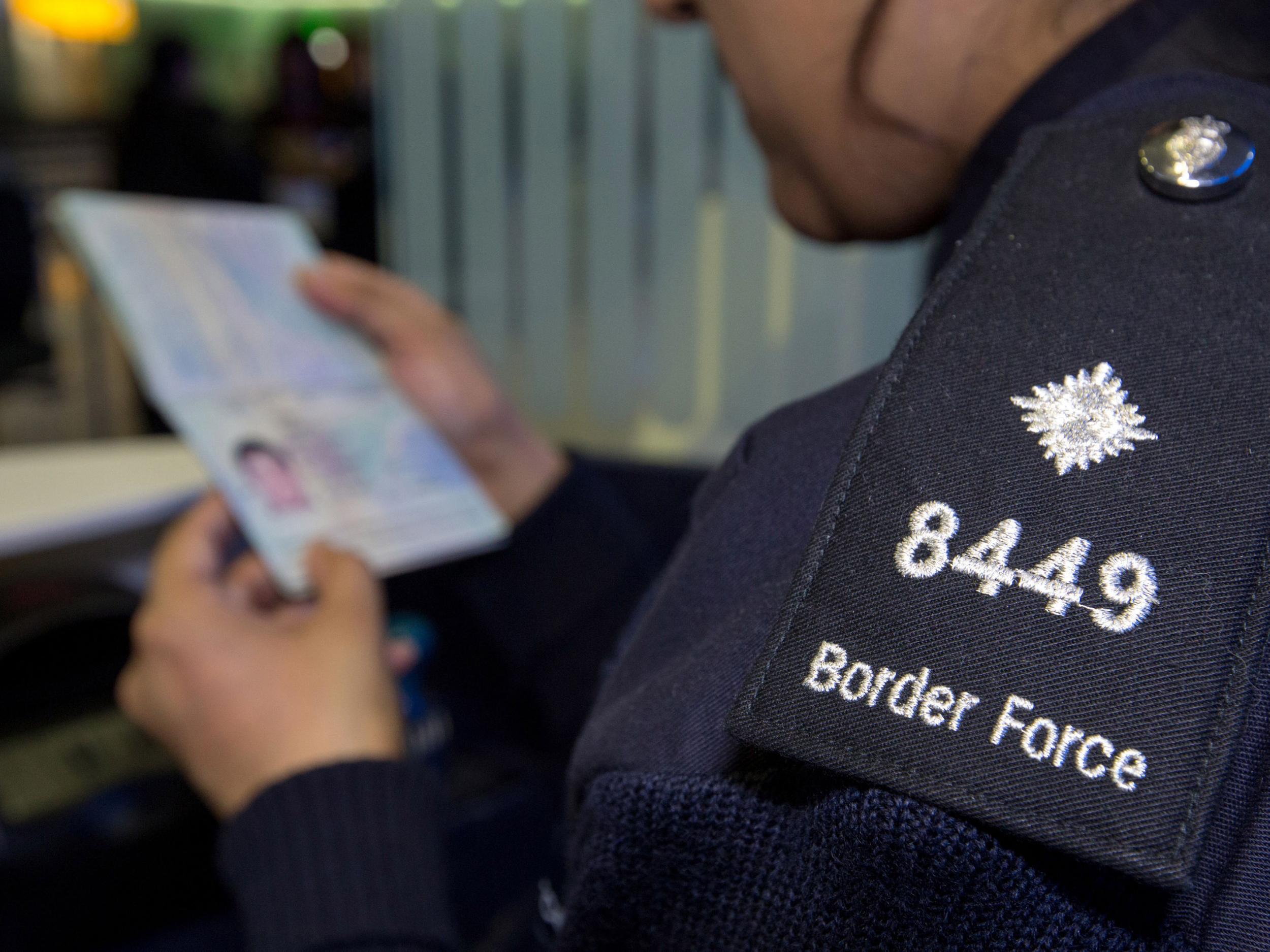Theresa May will 'use Brexit to stop EU migrants claiming UK benefits'
The plan would affect more than 300,000 EU migrants currently living in the UK who receive in-work benefits

Your support helps us to tell the story
From reproductive rights to climate change to Big Tech, The Independent is on the ground when the story is developing. Whether it's investigating the financials of Elon Musk's pro-Trump PAC or producing our latest documentary, 'The A Word', which shines a light on the American women fighting for reproductive rights, we know how important it is to parse out the facts from the messaging.
At such a critical moment in US history, we need reporters on the ground. Your donation allows us to keep sending journalists to speak to both sides of the story.
The Independent is trusted by Americans across the entire political spectrum. And unlike many other quality news outlets, we choose not to lock Americans out of our reporting and analysis with paywalls. We believe quality journalism should be available to everyone, paid for by those who can afford it.
Your support makes all the difference.Theresa May is planning to stop EU migrants from claiming benefits as part of Brexit negotiations, it has been reported.
Government sources say senior figures are drawing up plans to deny newly arrived migrants in-work benefits such as tax credits, The Times reports.
If enacted, the move would represent a resurrection of a pledge in the Conservative manifesto under then-Prime Minister David Cameron.
During negotiations with the EU last year prior to the referendum, he secured a temporary compromise to block the benefits. However, it elapsed when the UK voted to Leave.
Ms May has announced her intention to trigger Article 50 by the end of March, thereby formally beginning the process of withdrawing from the EU.
Triggering the notice opens a two year window in which the Government can conduct negotiations with the other member states on how it will leave.
The Prime Minister has been criticised for appearing to hold unclear and at times contradictory stances on what Brexit will look like. Her maxim that “Brexit means Brexit” has been much mocked and fuelled further criticism that the UK’s negotiating stance may be weak.
If Ms May does insist on blocking in-work benefits for EU migrants, it is estimated to affect 316,000 people in the UK who are currently in receipt of them.
It is believed that limits on EU migration are contested within the Conservative cabinet as pro-business politicians are concerned that curbs could impact on employers’ ability to hire workers from overseas, affecting profit margins and productivity.
However, others within the party say limits on EU migrants will improve employment among British citizens.
In October, Ms May appeared to affirm this view, telling her party conference: “If you’re one of those people who lost their job, who stayed in work but on reduced hours, took a pay cut as household bills rocketed, or – and I know a lot of people don’t like to admit this – someone who finds themselves out of work or on lower wages because of low-skilled immigration, life simply doesn’t seem fair.
“It feels like your dreams have been sacrificed in the service of others. So change has got to come.”
Recent research from University College London suggests that EU migrants pay more in taxes than they take in state benefits, contributing an estimated £2bn per year to the UK economy.
Of new migrants from western and southern Europe, 60 per cent are university graduates, compared to approximately 25 per cent of the UK population.
Join our commenting forum
Join thought-provoking conversations, follow other Independent readers and see their replies
Comments